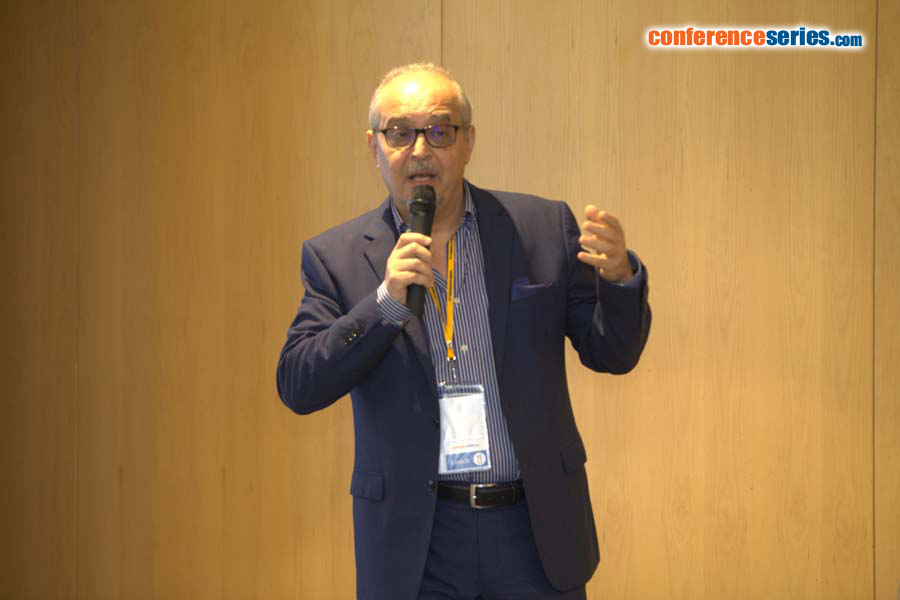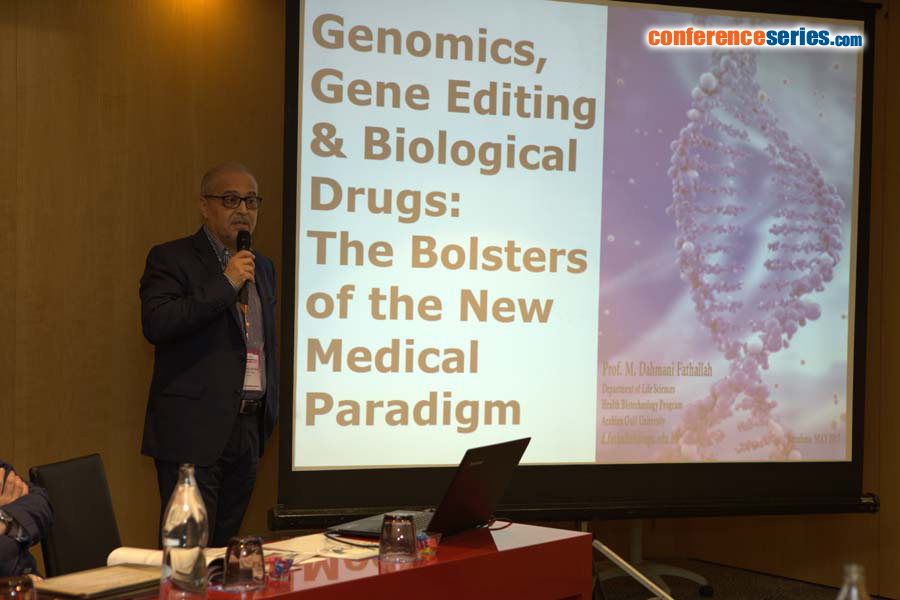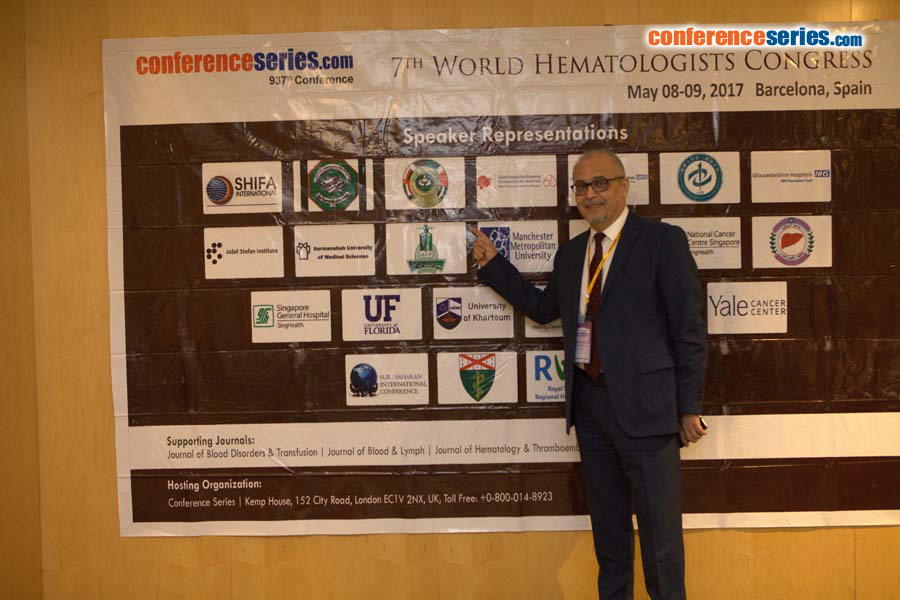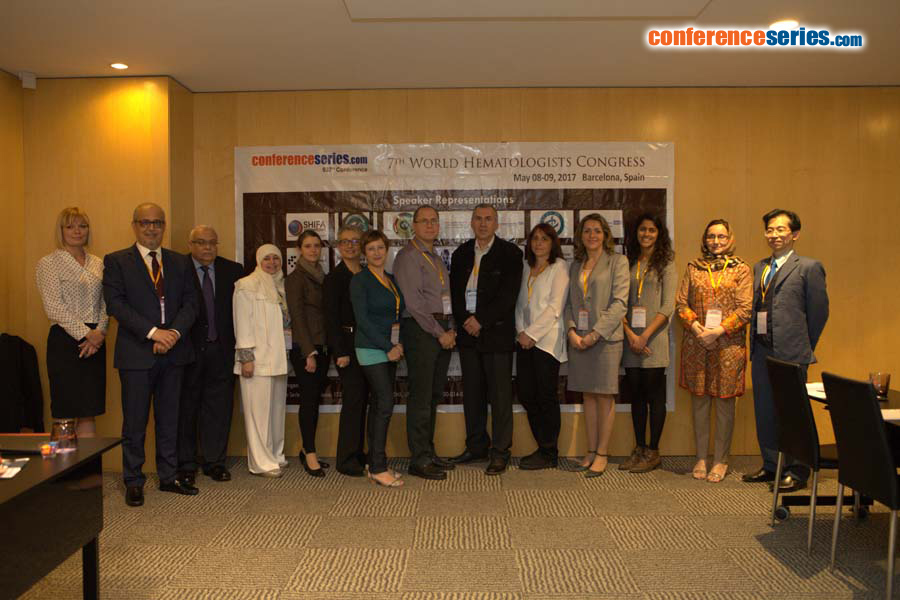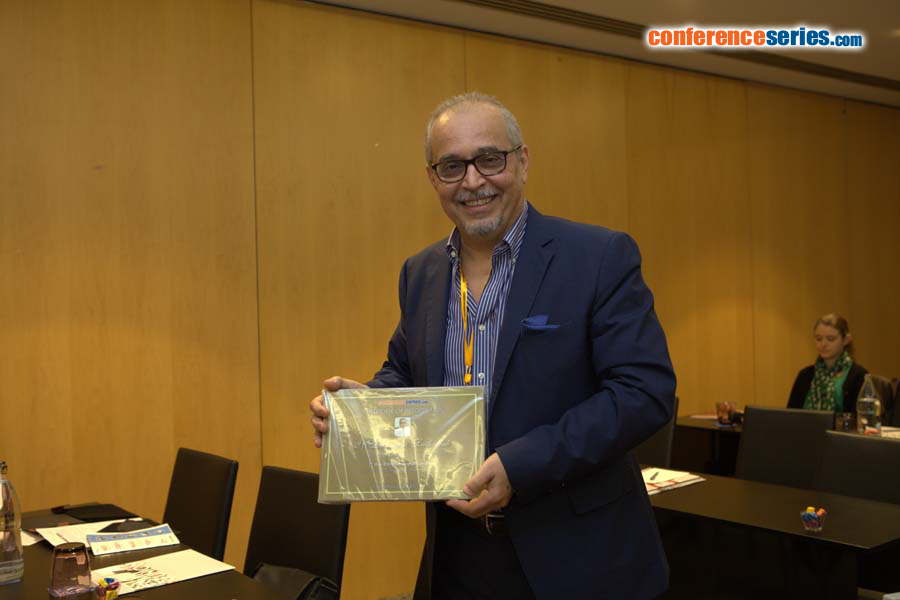
M Dahmani Fathallah
Arabian Gulf University, Bahrain
Title: A novel bispecific recombinant biological agent modulating inflammation’s early cellular events
Biography
Biography: M Dahmani Fathallah
Abstract
Multivalent and multifunctional bioactive molecules offer the promise of more effective therapeutics. In this work, we present selegrin, a new bispecific molecule that prevents the interaction of leukocytes circulating in the blood vessels with the endothelial barrier cells and could modulate the over flux of activated PMN to inflamed tissues. Prior to the development of selegrin, we have demonstrated using a rat model of skeletal muscle injury, that a recombinant form of the beta 2 integrin alpha chain CD11b, A or I domain prevents muscle inflammatory injury by transiently preventing leukocyte transmigration through the vascular endothelial cell barrier. Selegrin molecular design consisted in combining the CD11b A domain with the L selectin CD62, lectin-like domain in a single 52KDa fusion protein. Recombinant selegrin was produced in CHO cells under two structural forms, a linear and an IgG-like structure. Both form exhibited specific biological activity in real time of flow in physiological and inflammatory states using the ex vivo real-time imaging of leukocyte adhesion to the vascular endothelium of Sprague Dawley rats carotid arteries and HUVEC cell layers. Indeed, under inflammatory conditions, selegrin showed a significant inhibition of leukocytes tethering, rolling and adhesion to vascular endothelial cells. In addition, the transcription of IL6, ICAM1, VCAM1 and MCP1 gene and the expression of the corresponding proteins by respectively RT-PCR and immune fluorescence using specific Mabs, were significantly down regulated in endothelial cells treated with TNFa and in presence of selegrin. This delineates the underlying causes of the biological activity displayed by selegrin. This work demonstrated that selegrin exerts inhibitory effects on human leukocytes interaction with vascular endothelium cells under flow in physiological and inflammatory conditions. The data provide strong mechanistic information behind the anti-inflammatory properties of selegrin and are translatable in preclinical trial.

